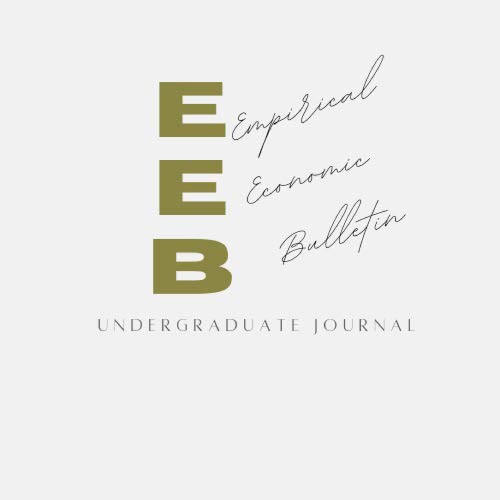
Abstract
This paper explores the relationship between wealth and HIV testing in the nation of Malawi, building off of previous work that tried to isolate the relationship between income and a given health outcome. Due to a variety of issues such as inaccurate self-reporting and difficulty in combining various sources of income accurately, this paper replaces income in an existing Malawi health-income model with wealth, measured by the number and kinds of possessions they owned and then scored using principal component analysis. The model used is a logit model with HIV testing as the dependent variable and wealth as the independent variable of interest, with the controlling variables selected by LASSO. Malawi is an underdeveloped nation with a very low GDP per capita ($275), and national health issues such as high child mortality and an AIDS epidemic. The dependent variable was a binary HIV test variable, and the independent variable of interest was wealth, with control variables such as education and knowledge of health-related topics also considered. Results show a prediction accuracy ranging from 65.8% to 71.6%, and the post-lasso logistic regression coefficients show that neither wealth nor stigma-related variables were significant. Education and personal characteristics, such as circumcision and religion, were significant and positively correlated with HIV testing rates, suggesting that education and information access are the keys to further increasing the rate of testing.
Included in
Econometrics Commons, Growth and Development Commons, International Economics Commons, Other Economics Commons

